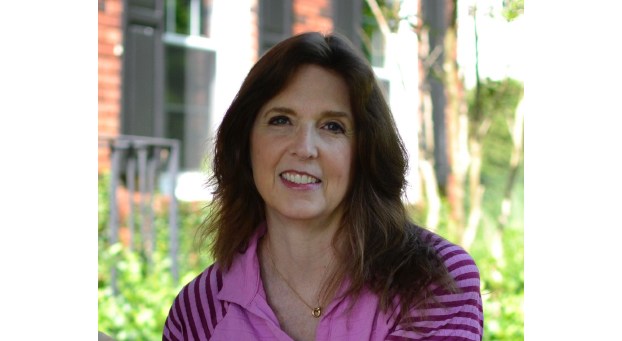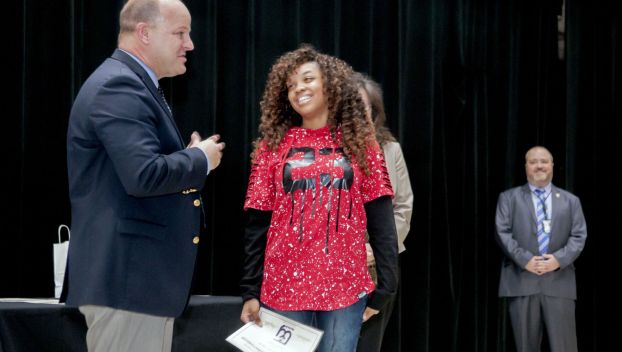
News
Kash wins in tight WCPS school board race
By DAVID MAMARIL HOROWITZ david.horowitz@bgdailynews.com Eking out a win by 3.79 percentage points, Warren County school board candidate ... Read more

By DAVID MAMARIL HOROWITZ david.horowitz@bgdailynews.com Eking out a win by 3.79 percentage points, Warren County school board candidate ... Read more

Facing criticism Thursday, the Warren County Public Schools Board of Education and district Superintendent Rob Clayton defended efforts ... Read more
By this time next summer, a brightly-colored school bus repurposed into a mobile cafe will roll into neighborhoods ... Read more
Bowling Green High School is ready to accept bids for phase one renovations that will begin overhauling its ... Read more
A week before Gov. Matt Bevin presents his two-year budget proposal, Bowling Green Independent School District officials are ... Read more

As Shi’Ann Jones advanced on NBC’s “The Voice,” her high school principal, William King, followed her performances that ... Read more
As the Bowling Green Independent School District gears up for a second year of providing a Chromebook to ... Read more
New leadership emerged on the Board of Education for the Bowling Green Independent School District following elections for ... Read more
Fidgety students at Dishman-McGinnis Elementary School will soon use balance balls to burn off extra energy and improve ... Read more
The Barren County Schools board of education approved Thursday several measures involving buses and two construction projects. The ... Read more